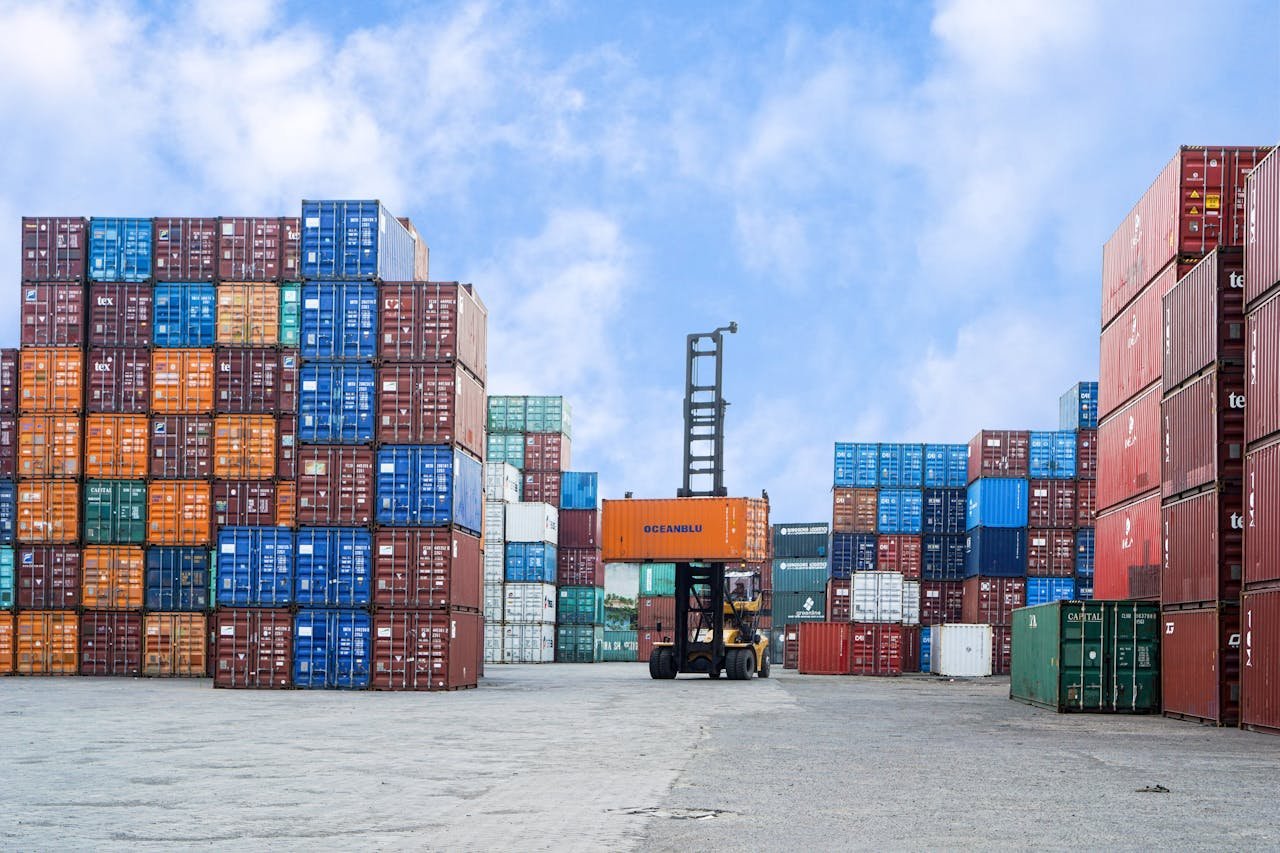Can Seasonal Forklift Rentals Reduce Business Operating Costs?

Many businesses, but most especially e-commerce and retail companies, often face seasonable demands during holidays or sales periods, which requires additional equipment to keep up with increased order volumes. However, rather than purchasing new machinery that may sit idle during off-seasons, businesses can instead opt for forklifts for rent to scale their operations more efficiently. This approach enables them to meet the demands of their increased workload without the long-term financial commitment of ownership. Renting forklifts is also highly cost-effective. Instead of shelling out a large amount of money to purchase new equipment, businesses can better allocate their budget by paying only for the forklifts they need, when they need them. To better understand why forklift rentals are the most cost-efficient choice for businesses that face seasonal surges, here are several other advantages to this setup. 1. Financial Flexibility Buying a forklift requires a huge upfront investment, which can be impractical for businesses that only need extra equipment during peak seasons. Meanwhile, renting allows them to pay only for what they use, making it a much more budget-friendly option. Instead of tying up capital in equipment that may sit idle for most of the year, businesses can use their funds for more urgent needs like inventory, marketing, or employee wages. This flexibility is especially beneficial for small- and medium-sized businesses that need to manage their cash flow carefully. 2. No Maintenance and Repair Costs Owning a forklift means also having to deal with ongoing maintenance, repairs, and unexpected breakdowns, all of which add to operating costs. When businesses rent their forklifts, on the other hand, the rental provider takes care of maintenance. This ensures that the equipment is always in good working condition without extra expense to the business. Moreover, businesses won’t have to worry about hiring technicians or paying for costly repairs. This means less downtime due to maintenance, which then translates to smoother operations and higher productivity. 3. Access to Modern and Well-Maintained Equipment Forklift technology is constantly evolving, with newer models offering better fuel efficiency, enhanced safety features, and improved performance. Renting gives businesses access to the latest equipment without having to spend a fortune on upgrades. Additionally, as part of their efforts to attract customers, retain loyal clients, and maintain a positive reputation, rental companies ensure their forklifts are regularly serviced and kept in top condition. This helps reduce the risk of sudden failures and other issues while the forklifts are in use. As such, businesses can operate more efficiently without worrying about using outdated or unreliable equipment as they deal with critical seasonal demands. 4. Scalability and Operational Efficiency Many businesses often struggle with unpredictable seasonal demand, making it difficult to determine how many forklifts they’ll actually need for smooth operations. Renting provides the flexibility to adjust the number of forklifts based on real-time requirements, thus preventing unnecessary costs or shortages. Then, once the busy season ends, businesses can return the extra forklifts and avoid unnecessary expenses of storing equipment that won’t be used. 5. Eliminates Storage Concerns Speaking of which, storage is also a main concern when it comes to acquiring forklifts. When businesses own forklifts, they need to store them properly during the off-season, which can be a hassle while also being costly. Renting completely removes this problem since the forklifts are simply returned to the rental company when they’re no longer needed. This is particularly useful for businesses that operate in rented spaces or warehouses with small storage capacity. Without the need to maintain storage areas for idle forklifts, businesses can utilise their space for more essential operations. 6. No Depreciation Losses Like any machinery, forklifts lose value over time, meaning businesses that purchase them will eventually face depreciation losses. When renting, however, there’s no need to worry about resale prices or how much the equipment will be worth as an asset in a few years. This allows businesses to focus on maximising the use of their rented forklifts rather than thinking about their long-term value. Renting also prevents companies from being stuck with outdated models that may no longer meet their needs. 7. Compliance with Safety and Regulatory Standards Safety regulations for forklifts change over time. Thus, businesses that own their own equipment need to keep their equipment updated to remain compliant. When renting, it’s the provider’s responsibility to ensure that all forklifts meet the latest safety and operational standards. This not only reduces the risk of accidents but also helps businesses avoid potential legal issues and fines. Employees can also work with greater confidence knowing they’re using safe and well-maintained equipment. Every business has unique challenges, especially those dealing with seasonal demand shifts. Instead of worrying about the costs and responsibilities of owning forklifts, renting offers a hassle-free way to stay productive during those peak times. It’s a flexible option that lets businesses focus on what really matters: keeping operations smooth and meeting customer demands. Whether it’s for a short-term surge in orders or a temporary project, forklifts for rent provide the right support at the right time, without the extra baggage of ownership.





